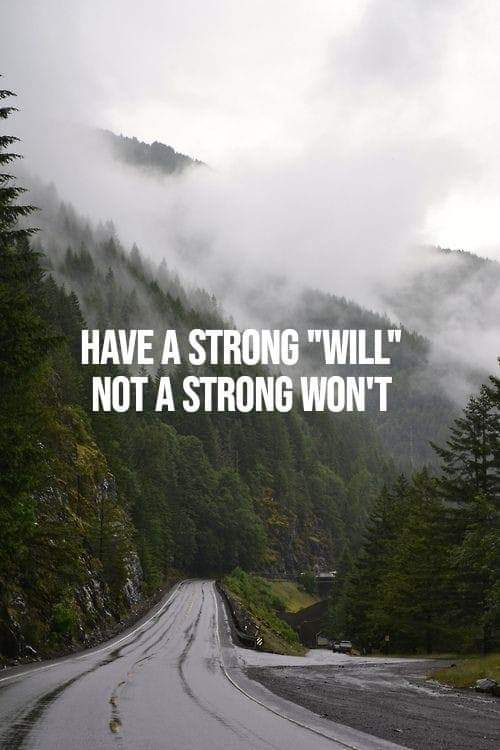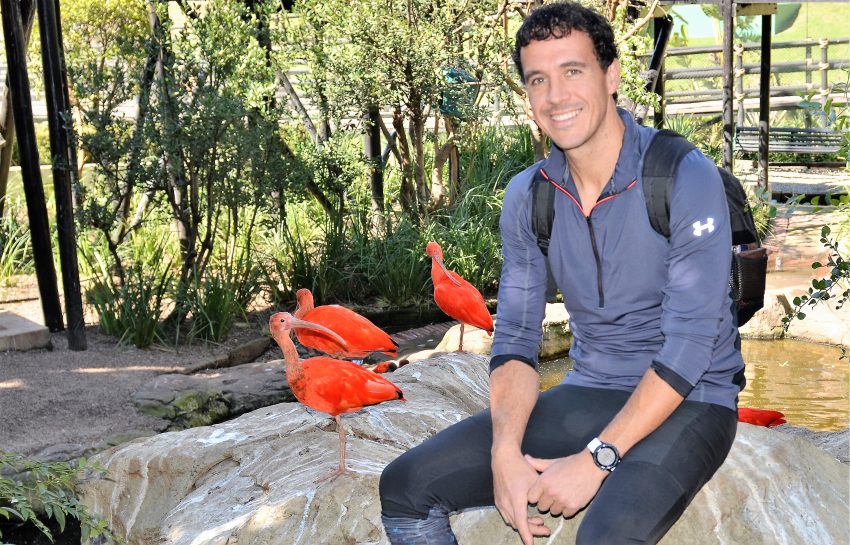
What Is Resiliency and How Do We Help Our Kids Build It?
Sports develop resilience through the difficult moments, so as parents we need to sit back and allow for them to struggle at times. How we help them handle it is where resilience is grown.
This article shares some ideas on what we can say and teach in order to help them is the process…
Resilience is the quality of recovering quickly from failure and setback, and not only returning to whatever level you have already achieved, but actually using the adversity as an opportunity to grow your inherent strength even further. Think of resilience as the callus that forms on the skin AFTER repeated friction or pressure is placed upon it. In order for that toughness to grow harder and stronger it literally NEEDS to experience “distress”.
I see and read a lot of well-intentioned quotes regarding the virtue of sports and how participation brings about great mental fortitude in the athlete, as if participation alone is the key factor. While I am huge supporter of youth athletics resilience is not built by simply participating.
Resilience is developed by not only going through the difficult scenario, but through understanding how to process it in a healthy and effective way, and then implementing the “bounce back” skills that these struggles require. Essentially, HOW we frame and meet the challenge is what creates the habit. So, unfortunately, if we meet the struggle in an ineffective or unhealthy way we create that mental pattern of thought, it becomes more ingrained, and ultimately will work against us developing healthy resiliency.
In a way developing this mental resiliency skill is similar to development of solid technical/physical skills. If your fundamentals are solid then you’ll successfully complete the movement needed to perform the skill, and you can build greater and more complex skills upon them. As the old saying goes, “practice doesn’t make perfect. Only perfect practice makes perfect”. I’m not suggesting that we’ll be perfect at this – not by any stretch actually. What I am saying is that we can (and typically do) ingrain poor mental habits if the system we’re using isn’t truly built on a strong foundation.
So how do we build that strong foundation?
First and foremost everything that I teach, whether to youth or up to pro athletes is that we must help the athlete develop greater level of awareness and attention. By becoming aware of what we are giving our attention to we can start to become attuned to whether it is healthy or unhealthy for us.
For example, if we have a poor performance we start giving our attention to only the mistakes or critical comments made by others we may begin to tell ourselves a pretty negative story about our potential future. However, with that same negative performance we can give our attention to not only wanting to improve the negative moments, but we can also give some time to the positive (there always are some). Additionally, we can teach our young athletes to accept that today was indeed a bad day, but that we’ve had some of them before, and we’ve survived so we can survive this as well. Essentially, by just training to be aware of our attention we can intentionally decide more clearly and rationally what else that we can also take away and focus upon from the performance.
Here’s a list of things that we can teach our kids to proactively work towards during the good and difficult times that come with being an athlete. Remember that each of these begin with the foundation of learning to pay attention on purpose (The DoSo app is a great tool for mastering this skill, but there are others as well). Awareness of where we place our thoughts is a skill that will serve them over their entire lifetime.
Help them with the following:
• Developing an internal locus of control: remind them that they are in control of how they RESPOND to everything that comes their way in life
• Developing a good sense of self-efficacy: believing that they can make a difference in the direction of their life and sport
• Developing self-awareness and emotion regulation/management: understanding and managing your own emotions by staying present and not getting caught up past mistakes (can’t change them), or future potential setbacks (can’t predict them)
• Developing optimism and hope: engaging in the “risk” (we don’t know the outcome) of performance of our sport and looking forward to the challenges it brings
• Developing gratitude and appreciation: creating appreciation of the opportunity to simply participate/compete through the practice of gratitude by acknowledging it on a regular basis
• Developing a flexible and adaptable attitude: keeping their thinking from becoming rigid or inflexible. We are neither always good nor always bad. Difficult and successful times come and go. The ability to see the bigger picture.
So, from your role as parent, your greatest responsibility in helping develop resiliency in your child is influencing the foundation for “responding” after setback or failure has occurred. Framing setbacks as an essential part of the progression towards growth, learning, and success is a must. Our job is not to prevent the failures and setbacks (remember they are essential in the process), but to help them more effectively navigate the inevitable moments when they do happen.
- Source: Stu Singer: is a performance psychologist and soccer parent.









